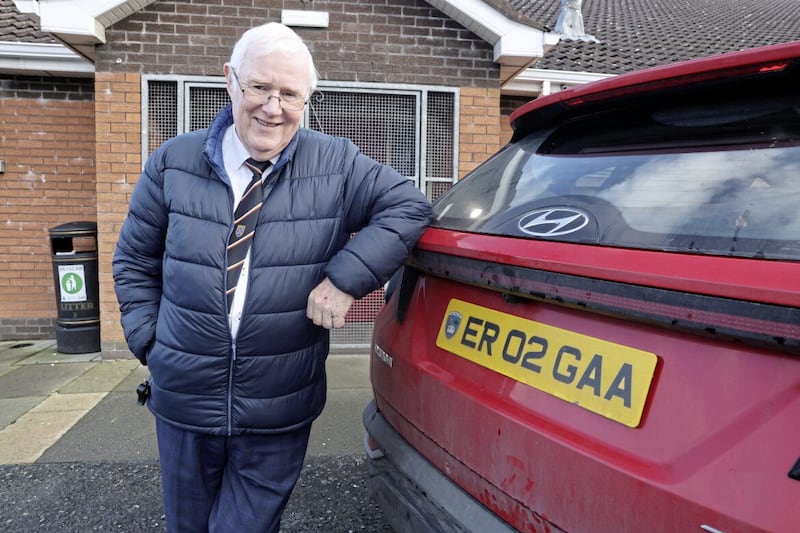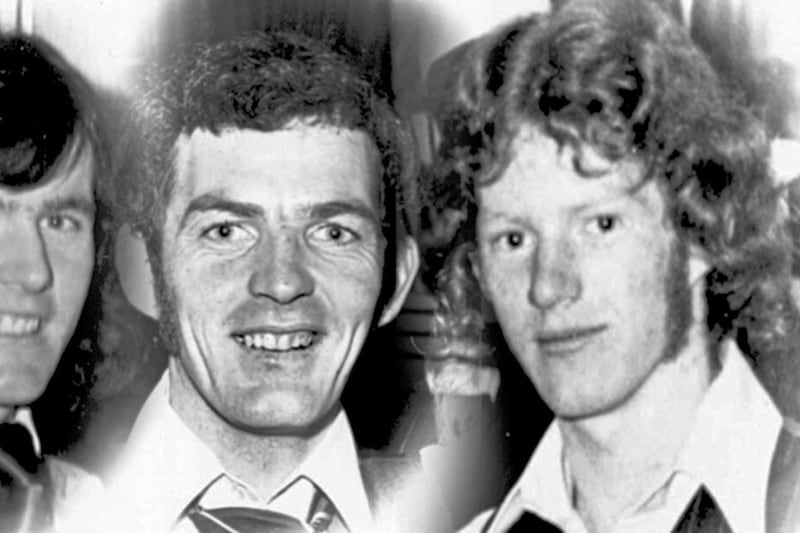The story of the horrific murder of the Reavey brothers in Co Armagh has lost none of its power to shock almost half a century on.
John Martin (24), Brian (22) and Anthony (17) Reavey were gunned down by loyalists in a sectarian attack in Whitecross in January 1976.
They had been watching television in the living room of their parents' home when gunmen opened fire, killing the two older brothers and leaving Anthony with wounds he would succumb to weeks later.
It would be difficult to think of a more heinous crime – three young men, shot dead in cold blood for no other reason than they were Catholic and an easy target.
For Eugene Reavey, who tells his story in today's Irish News, it will never be possible to move on from those terrible events 47 years ago.
While no-one has ever been charged with his brothers' murders, former English police chief Jon Boutcher has been investigating the activities of the notorious Glenanne Gang who carried out the attack.
Yet Mr Reavey now finds himself fearing that just as the prospect of a day in court comes closer, legislation by the British government would deny him and other victims justice.
Sir Keir Starmer yesterday added his voice to criticism of the Legacy and Reconciliation Bill, which would effectively call a halt to all Troubles-related prosecutions, inquests and civil actions.
The former Director of Public Prosecutions for England and Wales said a Labour government led by him would repeal a law offering immunity.
He also pointed out that no government should introduce legislation which does not command the support of political parties in Northern Ireland or the victims most affected by it.
Mr Starmer was speaking as it emerged that two more of the people shot by British soldiers during the Ballymurphy Massacre in west Belfast in 1971 are to receive significant damages.
The settlements have been made possible by an inquest which examined the events in detail and confirmed the innocence of victims.
Meanwhile, the family of a man believed to be the first 'shoot-to-kill' victim, Patrick Duffy, expressed their hope yesterday that an inquest will now be able to open before any bar is introduced by legislation.
All of these stories and many more demonstrate the long shadow the Troubles continues to cast on lives and it is imperative that the British government listens to such voices and abandons its current course of action.








